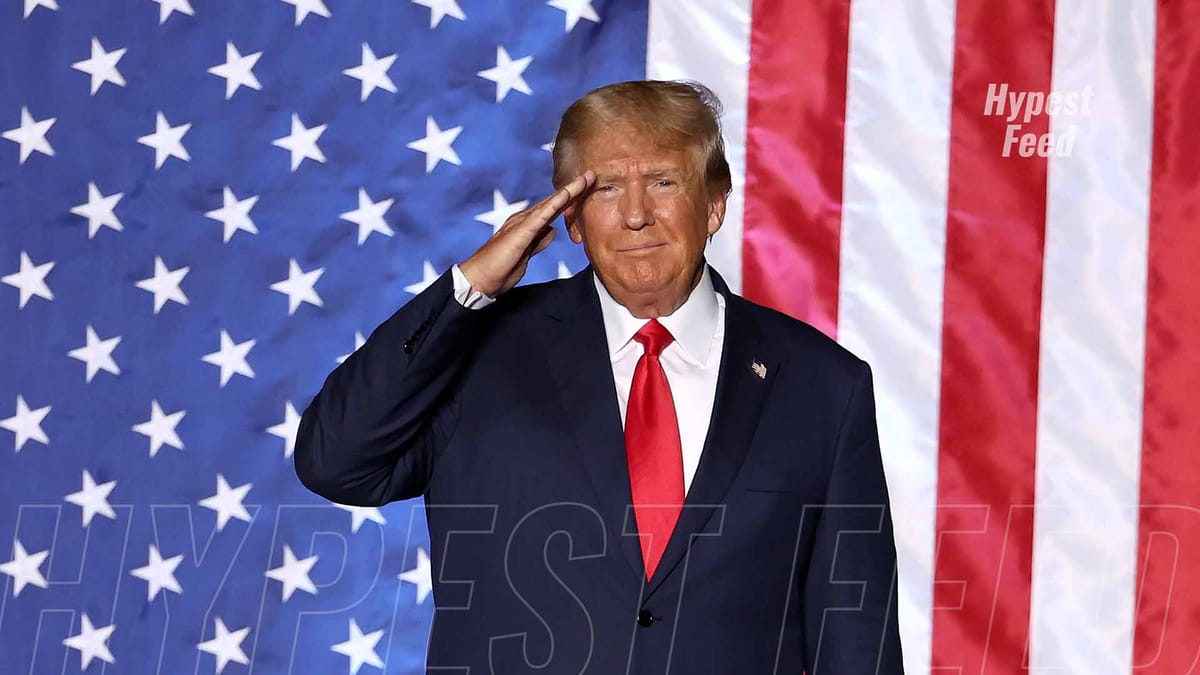In a significant development, a Cook County Circuit Judge, Tracie Porter, issued a ruling late Wednesday, effectively removing former President Donald Trump from the 2024 Republican presidential primary ballot in Illinois. This decision stems from allegations surrounding Trump's purported involvement in the January 6, 2021, Capitol riot, with Judge Porter citing concerns over potential violations of section three of the 14th Amendment, often referred to as the "disqualification clause," which pertains to engaging in insurrection.
The ruling marks a significant turn of events, coming a month after the Illinois State Board of Elections initially dismissed an anti-Trump challenge. The challenge, brought forth by a group of Illinois voters, urged the board to take action against Trump, either by removing his name from the ballot or by suppressing any votes cast in his favor. Judge Porter's decision represents a reversal of the board's earlier stance, which had opted to retain Trump's candidacy on the primary ballot despite the allegations of insurrection. This latest development underscores the ongoing legal and political ramifications surrounding the events of January 6, 2021, and highlights the complex interplay between legal interpretation, electoral processes, and accountability in the aftermath of the Capitol riot.
However, the implementation of the order has been temporarily halted until Friday, pending a potential appeal by Trump's legal team to either the Illinois Appellate Court, First District, or the Illinois Supreme Court.
In response to the ruling, a spokesperson for Trump's campaign issued a statement to Reuters, denouncing it as unconstitutional and pledging a swift appeal.
Meanwhile, the United States Supreme Court finds itself grappling with the interpretation and scope of Section 3 of the 14th Amendment to the Constitution for the first time. This provision prohibits individuals who have "engaged in insurrection" from holding public office again, as stipulated in the Constitution. Despite the absence of formal charges against Trump for inciting insurrection, his involvement in the events of January 6, 2021, has sparked legal and constitutional debates regarding his eligibility for future public office.
The controversy surrounding Trump's potential candidacy underscores broader questions about accountability, constitutional principles, and the rule of law. Speaker of the House Nancy Pelosi weighed in on the matter, expressing her concerns on X, formerly known as Twitter, regarding the Supreme Court's decision to entertain Trump's claim of total immunity. Pelosi emphasized the importance of upholding the foundational American principle that no individual, including a former president, is exempt from accountability under the law. As the legal proceedings unfold, the judiciary's role in safeguarding democratic norms and principles will be closely scrutinized, shaping the trajectory of accountability in American politics.



Member discussion: